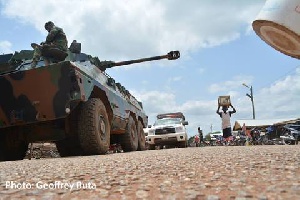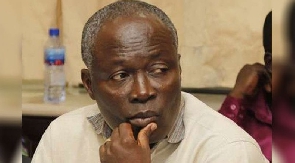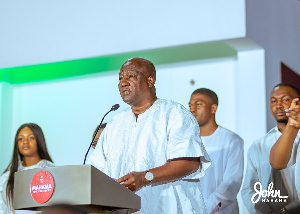Bimbilla is not a war zone. Yet it currently bears some traits of a volatile town for which reason the security of the place has been heightened following clashes that led to loss of lives and property a week ago.
The place is no stranger to deadly clashes and curfew impositions. The latest clashes there led to the loss of an estimated 19 lives. News reports state that the loss of lives and property (burning of households and businesses) was as a result of meat that weighed 2.5 pounds.
Currently, there is increased security presence in the area, armored vehicles are seen on major roads in the town and the presence of the military and other security officials is palpable even as the ordinary people conduct themselves around their daily routines.
According to a former District Chief Executive (DCE) Mr Salifu Saeed, there could be a possible escalation of the violence and with that further loss of lives and property. He has thus charged government and nongovernmental organizations to commit to finding a lasting peace.
Some towns in Ghana hardly get mentioned in national discourse except if there is some unique occurrence (politically or socially) then such towns are thrust into the news spotlight, then does it generate media attention.
Bimbilla is like any other small town in Ghana, aside its status politically as a constituency, it has over the years become famed for inter-tribal and ethnic violence that has more often placed the place under curfew.
Bimbilla is a small town and is the capital of Nanumba North district, a district in the Northern Region of north Ghana. It is also the capital of the Nanumba State and the seat of the Overload of Nanumba, the Bimbilla Naa.
Photo credit: Geoffrey Buta
Click to view details



General News of Wednesday, 15 July 2015
Source: www.ghanaweb.com

















